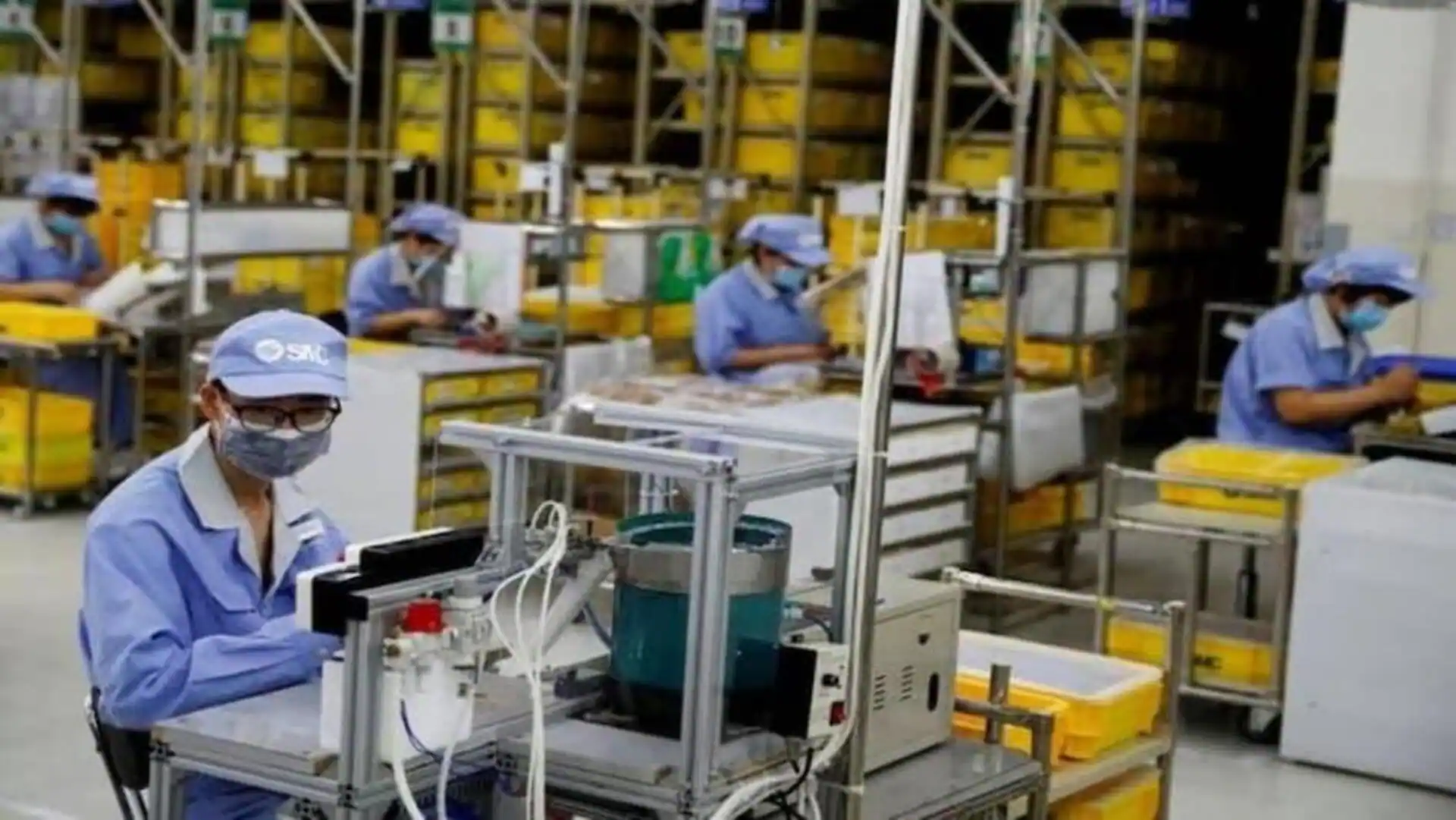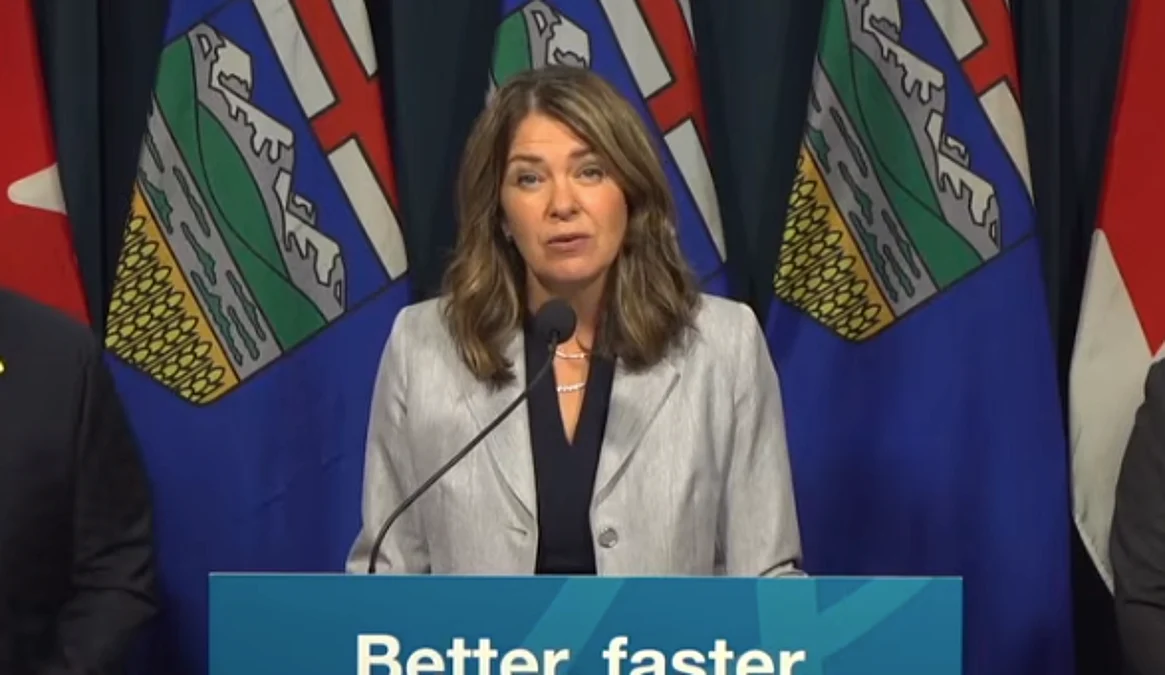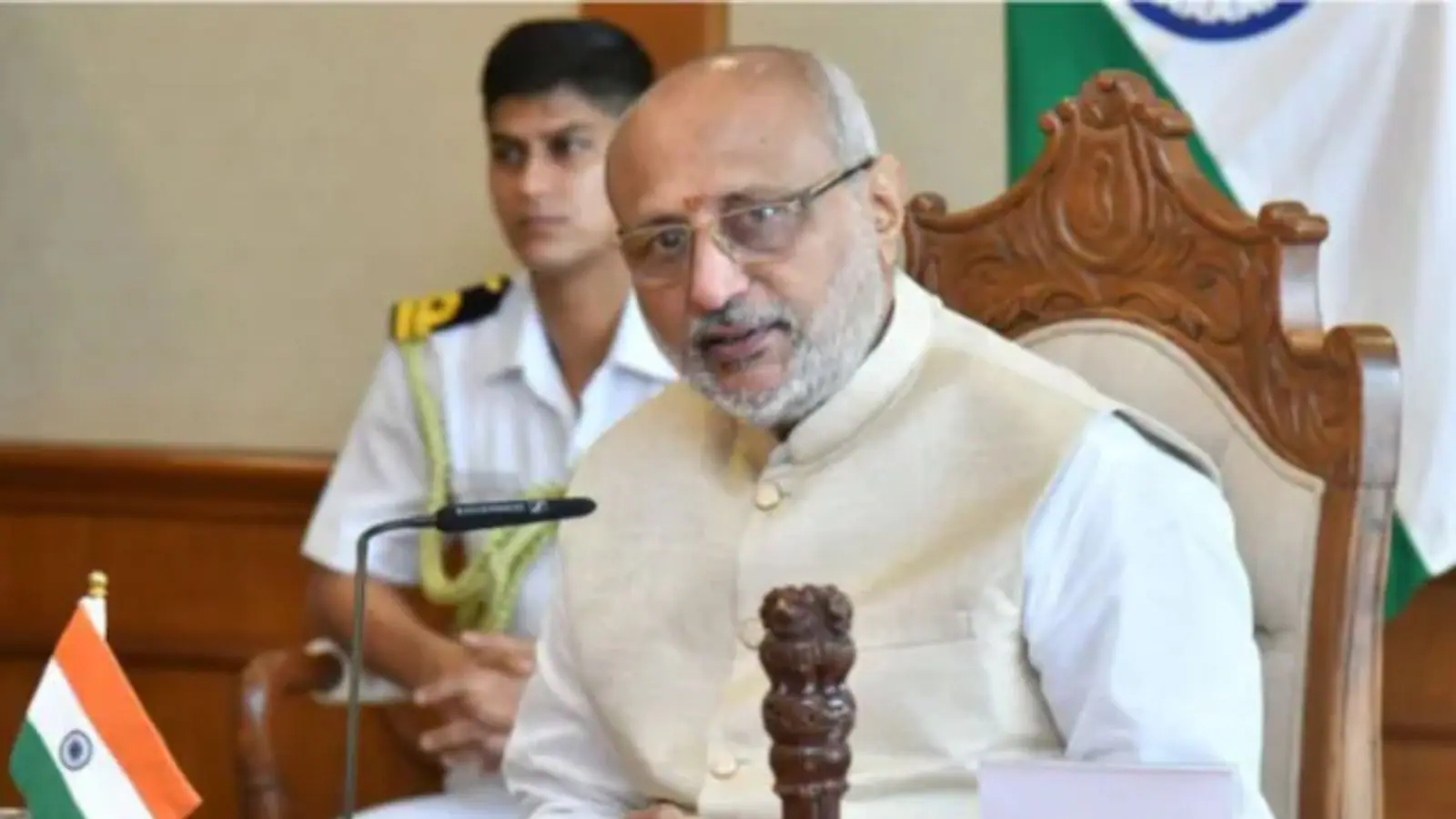By Dwaipayan Roy
Copyright newsbytesapp

Experts have suggested that government support and corporate social responsibility (CSR) funds can be used to finance measures taken by micro, small and medium enterprises (MSMEs) to reduce carbon emissions. They also proposed a transition to clean energy, climate-informed building bylaws, and the integration of active and passive cooling technologies as ways to shield MSMEs from climate-related risks. Giriraj Amarnath, Research Group Leader at the International Water Management Institute, emphasized the need for government and private sector seed funds. He said these funds could help industrial clusters empower the local leaders to anticipate risks, prepare plans, and act proactively before climate shocks hit. Amarnath also suggested that CSR funds might be leveraged for building resilience measures with data-driven early warning and IoT-based forecasting models. Raghav Dalmia from Prayagraj Dyeing and Printing Mills highlighted the impact of extreme weather on MSMEs. He said Surat’s textile MSMEs are facing severe heat stress challenges, with the machines operating at 130-180 degrees and poor ventilation making things worse. This example underscores the pressing need for effective climate resilience measures in industrial sectors. Vidhya Venugopal, Professor of Industrial Hygiene and Country Director at the National Institute of Health and Care Research, suggested that during heatwaves, MSMEs should offer 5-10 minutes of cooling breaks every hour. She also proposed combining active and passive cooling technologies to improve workers’ productivity and mitigate heat stress impacts. These measures could help protect workers from extreme weather conditions while maintaining productivity levels in MSMEs. Aditya Raghwa, Head, Governments and Policy South Asia, Climate Group, stressed the need for cluster-level vulnerability assessments to help MSMEs integrate resilient infrastructural planning. He also emphasized the importance of effectively communicating climate resilience measures like Heat Action Plans or flood drills developed by big brands and corporations to MSMEs. These strategies could help smaller enterprises adopt effective practices for dealing with climate-related risks in their operations.



